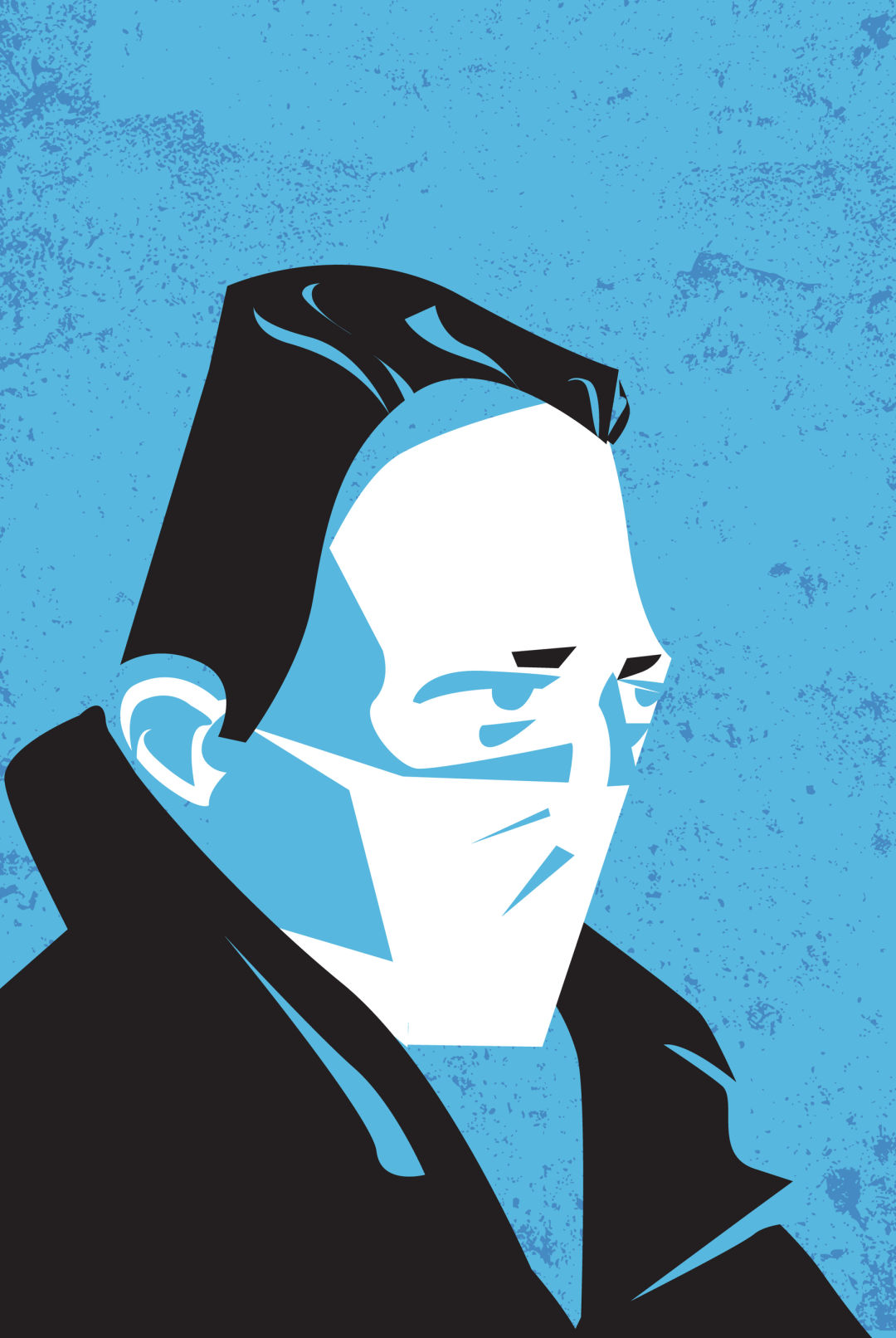LISTEN AGAIN: What Albert Camus's 'The Plague' Can Teach Us About the Pandemic

In Oregon’s ongoing fight against the coronavirus, we’re looking pretty good. To date, more than 60 percent of eligible adult Oregonians have received at least one dose of the coronavirus vaccine. Once the state reaches 70 percent, Gov. Kate Brown says much of the state’s economy can reopen. What’s more, Brown and many others believe we’ll be able to reach that percentage by the end of June.
But in our conversation about what a post-pandemic world looks like, it’s important to remember that we aren’t there just yet. In 70 countries, caseloads have increased. And for those who have lost loved ones to the pandemic, the pain of that loss could be felt long after we’ve crossed the metaphorical finish line of this pandemic marathon.
So all of this has made me ponder the philosophical ramifications of everything we have gone and are going through, and to consider the lessons, if any, we’ve learned from this time. Which has got me thinking about a couple of episodes we published last year about how we’re trying to understand the pandemic through philosophy and media. And for one of those episodes, we talked with Courtney Campbell, a professor in the School of History, Philosophy, and Religion at Oregon State University, about Albert Camus’s The Plague.
For this week’s rerun, we wanted to revisit that episode with Campbell, in which we talk about The Plague, the lessons we’ve learned from this pandemic, and how philosophy will continue to play a role in our everyday lives.
Guest
- Courtney Campbell
About Footnotes
Every Friday we break down our most important stories with the writers, contributors, and editors who crafted them. Hosted by Portland Monthly digital editor Gabriel Granillo, Footnotes provides clarity on complex stories with intimate and informative interviews.
Listen on Spotify, Google Podcasts, Apple Podcasts, and Buzzsprout.
Comments? Suggestions? Grievances? Email us at [email protected]




